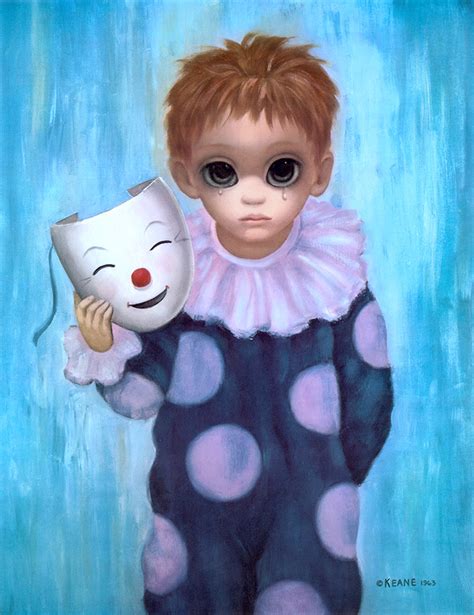Me, Masking and Alcohol
Growing up one of my favourite cartoons was Mask. The masks provided the heroes (and the villains) with a cool power such as the ability to levitate things. When I got slightly older, Jim Carrey found a mask that would highlight each person’s inner traits. Little did I know that masks would become a mainstay of my life.


Masking, also referred to as camouflaging, is a trait displayed by some autistic people whereby they hide or disguise part of themselves to better fit in with society. Some autistic people spend so much time masking that they lose sight of who they truly are. Sadly, this is what happened to me.
After school and university I went straight into the legal world and, perhaps ironically for an autistic person, into private client. The reason this might be ironic is that, in my experience, private client involves a lot of human interaction and social events, which are not situations that autistic people generally excel at.
I did not have a pleasant time at school or university and left both with little or no social circle and few people I could trust enough to be myself. Autistic people can be very intense, often do not recognise humour or social cues and, frankly, we regularly say the wrong thing (I’ve previously written an article on why you should be wary of asking an autistic person whether they like your new haircut). In short, being friends with an autistic person requires, among other things, a fair amount of patience and, occasionally, skin akin to that of a rhino.

So, why is masking bad? Studies in 2018, 2019 and 2021 all showed that autistic masking leads to increased anxiety, depression and rates of suicide. The schism between our masked selves and our true selves becomes so wide that we permanently try to live in a masked state because we worry that no-one will like us if we are ourselves. This is one reason why an autistic brain burns roughly four times the amount of calories per day than a neurotypical brain.
Does masking even work? A recent study by Dr Hannah Belcher evidenced that non-autistic people will normally still judge an autistic person’s behaviour as being less socially acceptable than other non-autistic people’s until such time as they know that they are autistic. This is one of many reasons why I believe autistic people should be open about their autism.

I have many masking traits and, if truth be known, even at 41 I am not sure I know entirely who I really am. One thing I have learned is that I use alcohol as part of my masking. I almost never drink at home but in social settings find it very difficult to decline an offer of alcohol. Given that alcohol reduces everybody’s ability to adopt appropriate social norms, drinking as an autistic person is even more dangerous than it is for a neurotypical person. Once the mask starts to drop, panic sets in, drinking increases, the ability to cope in the neurotypical world decreases and the spiral presents a real risk to health.
From those people I have been open with about my true self I have overwhelmingly (although not unanimously) received support and friendship. My friends, and I am proud to say that for the first time in my life I have some true friends, understand that I am different to those around me. They will often suggest we go to the cinema or workout at the gym rather than being in a restaurant or pub where there are often lots of people, which makes me uncomfortable. At work, the ability to work from home means that when I am feeling tired and masking is more difficult I do not need to worry about an open-plan office and unwanted social interaction.
For anyone who is struggling with masking, please reach out to someone (my virtual door is always open). For anyone who interacts with autistic people, please bear in mind that we usually don’t mean to offend but we struggle to relate to many social norms. For anyone who interacts with me, please feel free to ask me about autism or my experiences, but please don’t offer to buy me a drink (unless it is a protein shake) as it’s hard enough for me in the neurotypical world as it is.
2 thoughts on “Me, Masking and Alcohol”
Thank you for sharing this Mark. Very interesting to hear about experience with Masking from an adult. My son Mask regularly when out and with others. He ‘performs’ really well and everyone is at ease. But once home in his safe space, he is exhausted and frazzled. It takes time to reset (usually gaming does the trick). Originally, I wanted to help him hone his mask so he could navigate the world without too much problem. But now I realise this is not the way and we avoid situations he is not comfortable in.
Really good read mark- thank you for being so honest and athletic. The Piccadilly Circus criterion is off the lust
Comments are closed.